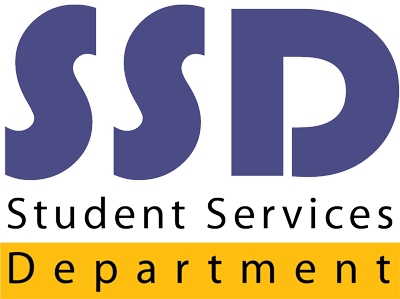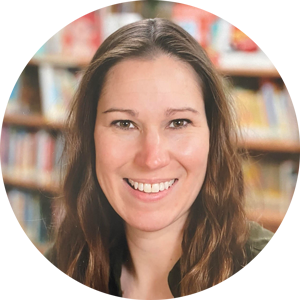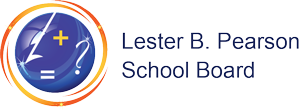
Essential Skills for Today’s Classrooms
Tools to promote positive mental health, classroom climate and educational success
Essential Skills for Today’s Classrooms
Tools to promote positive mental health, classroom climate and educational success

The Problem & Our Solution
The Problem

Students often present with social, emotional and behavioural difficulties. Managing teaching and curriculum, and fostering positive classroom climate and mental health, can sometimes feel next to impossible.

Frequently, traditional rewards and consequence models don’t work to improve social, emotional and behavioural difficulties.
Behaviours can present in a way that is challenging to understand and interfere with the learning environment. It can be daunting to learn how to crack this code, to create a learning environment that feels safe and secure for all.
Our Solution

Our goal is to provide tools to promote positive mental health and academic success by specifically targeting: increased on-task academic engagement; improved social, emotional and behavioural regulation; and enhanced student attachment to school and staff.

About us
This webpage was designed to provide strategies to meet the competencies detailed in the ÉKIP referential framework in partnership with the Ministère de la Santé et des Services sociaux (MSSS), the Ministère de l’Éducation and the Institut national de santé publique du Québec (INSPQ). ÉKIP: Health, Well-Being and Educational Success of Young People was created for professionals working in education, health and social service and community networks.
This webpage was created as a tool for educators to delineate actions that support mental health in schools. A school and classroom climate that promote positive mental health also facilitate educational perseverance and success. The content was designed by professionals from the Student Services Department of the Lester B. Pearson School Board. It was compiled and developed based on cumulative experiences of professional consultation, research, trial and error, and focus groups with teaching and support staff.
Testimonial




